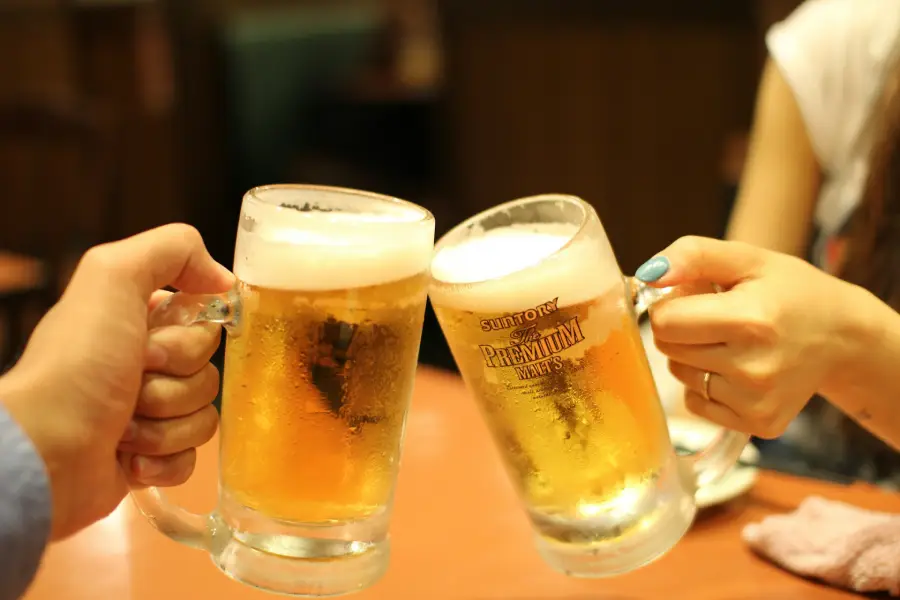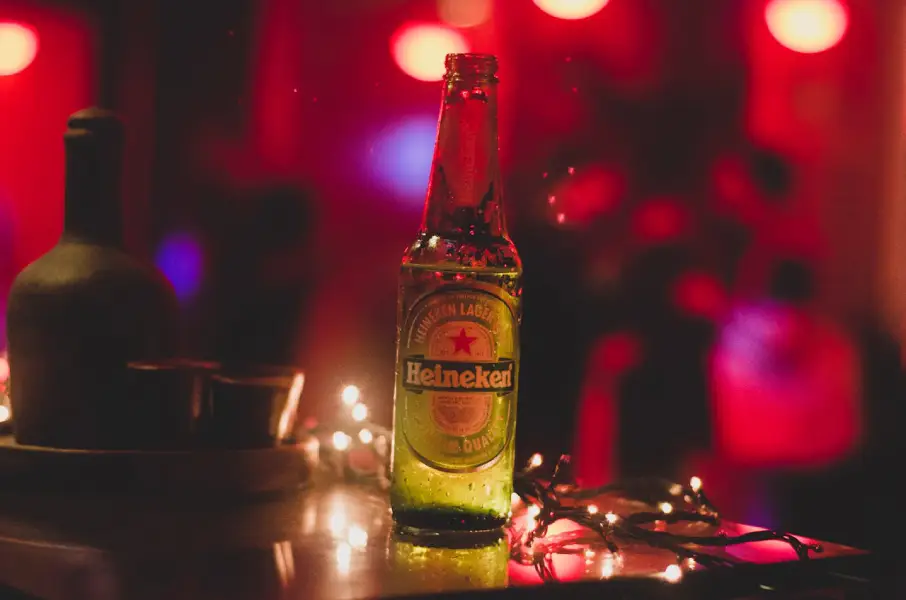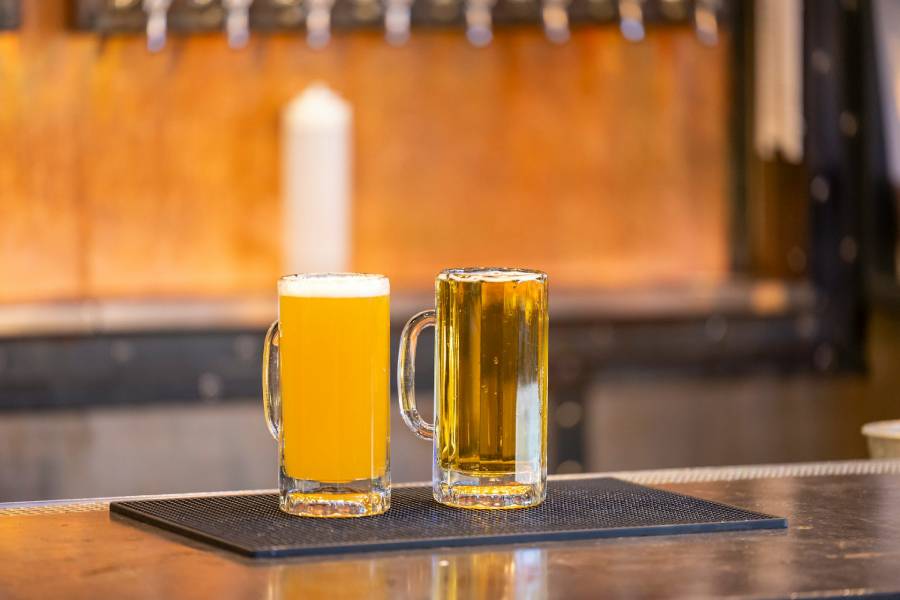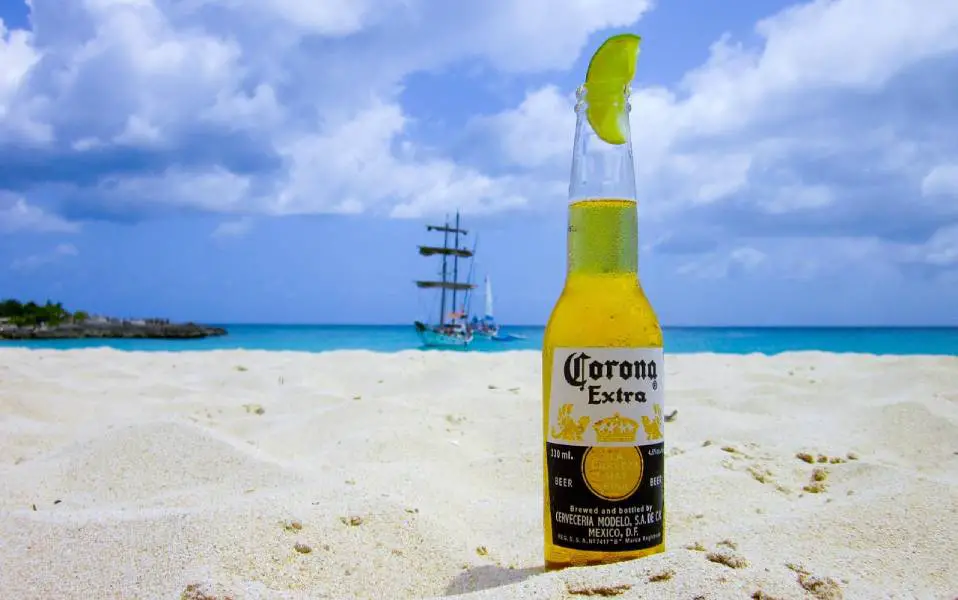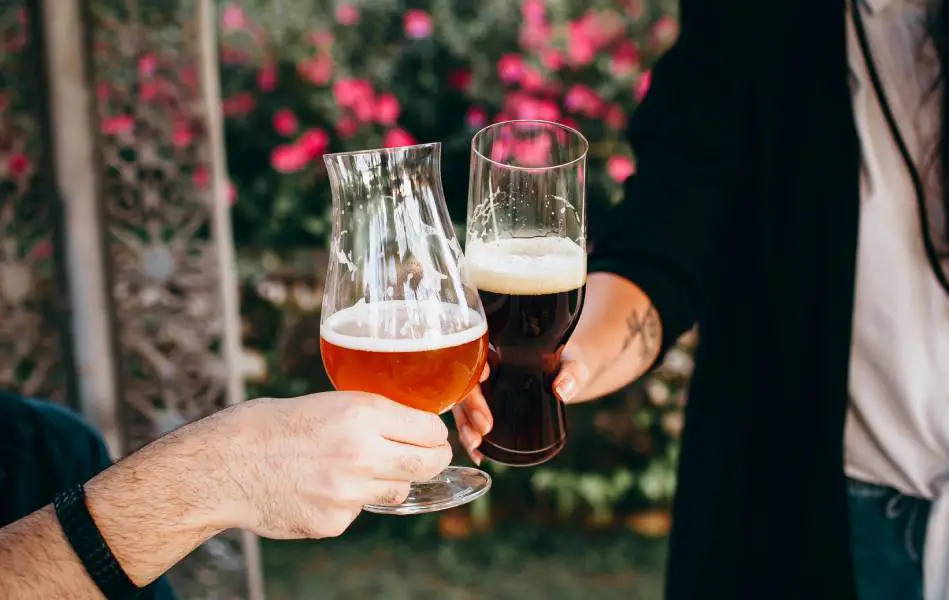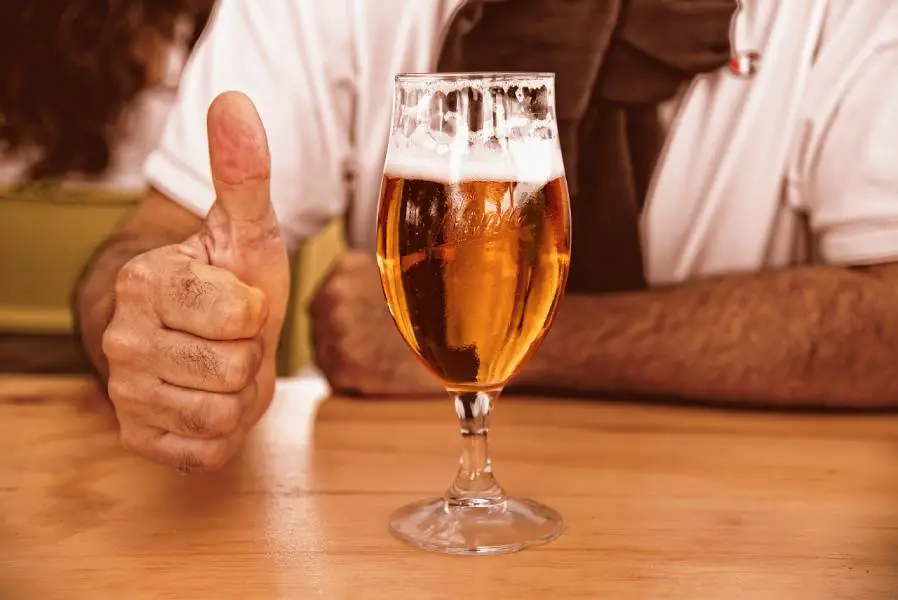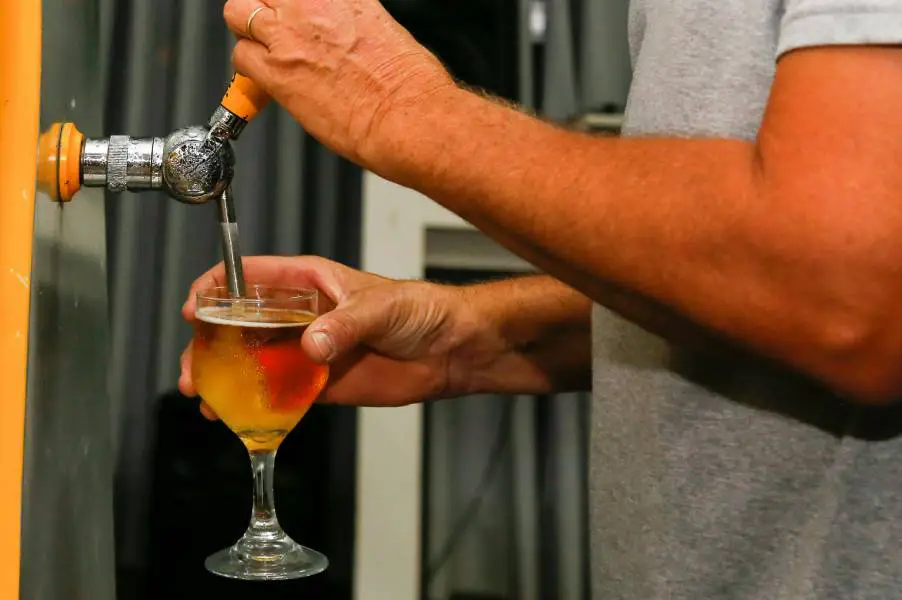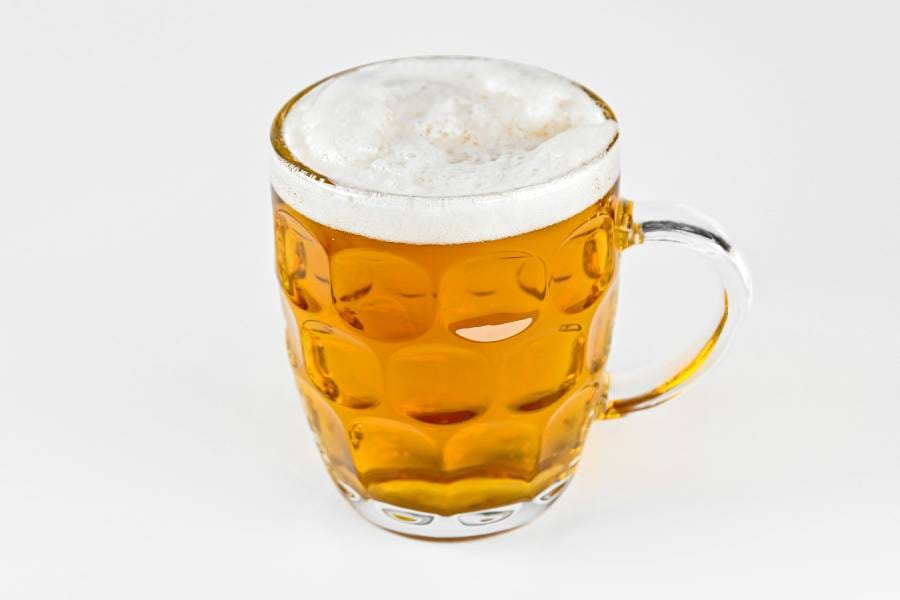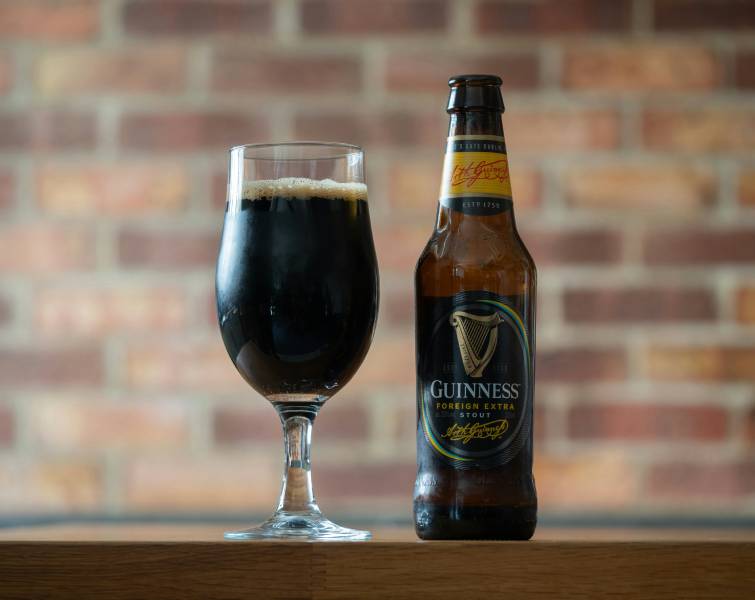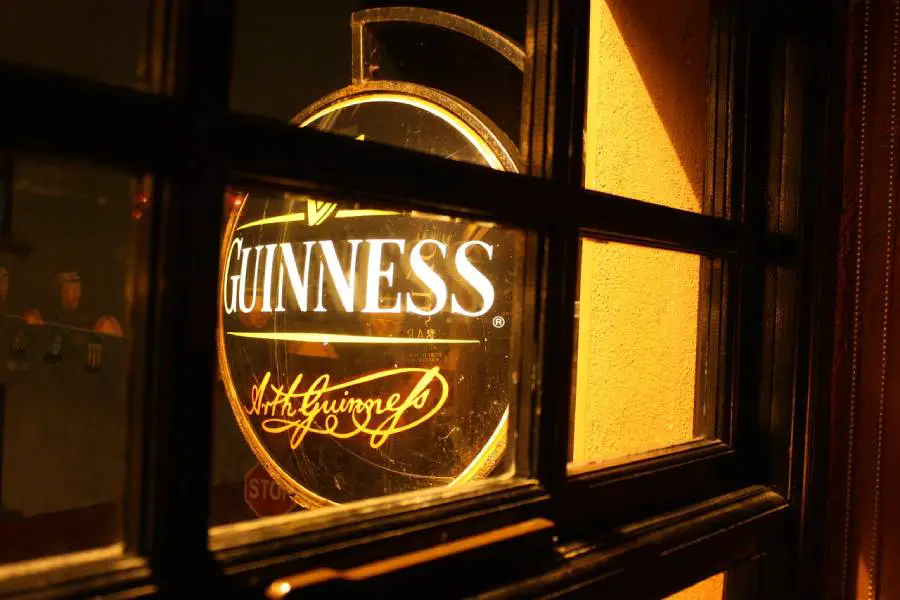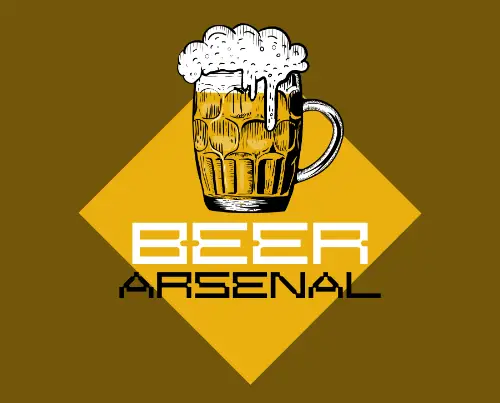Brewing beer isn’t just about mixing ingredients. It’s a process of patience and craft that unfolds over days, weeks, or even months, depending on the type of brew. Wondering how long does it take to brew beer? From start to finish, each step contributes to the unique flavors and character of every batch.
How Long Does It Take to Brew Beer?
Generally, brewing beer takes 4 to 8 weeks from start to finish. The brewing process involves several stages: malting, mashing, boiling, fermenting, and conditioning. These stages have varying times, affecting the exact time you will finish brewing. For instance, fermentation may vary depending on temperature, PH, and type of yeast used.
The type of beer can also affect the overall brewing time. Ales and lagers have different fermentation temperatures. Lagers require colder temperatures (55 Fahrenheit), which takes a long time to ferment. On the other hand, Ales require a warmer temperature (70 Fahrenheit), ideal for speeding up the fermentation time.
Beer Brewing Process
The following is a detailed guide on how to brew this beloved body juice:
Step 1: Gathering the Ingredients
Here are the ingredients needed:
- Water: Water is the most important ingredient, making up over 90% of your beer. The water should be clean and free from impurities. You can use chlorine and Chloramine to sterilize your water. Other brewers add calcium and magnesium to lower PH, which improves yeast flocculation.
- Grains: Grain is what provides sugar to the beer. It is this sugar that yeast will work on to produce alcohol and carbon dioxide. The most preferred grain is malted barley because it provides a spectrum of color to the beer that ranges from pale straw to black. You can also use wheat, rice, rye corn, and oats.
- Yeast: Yeast metabolizes sugars in the grains to convert them into alcohol and carbon dioxide through fermentation. You can use dry yeast or liquid yeast. There is also yeast for lagers and ales. Lager yeast requires a lower temperature to ferment (45°F–50°F), while ale yeast requires a warmer temperature (55°–72°F).
- Hops: Hop gives beer bitterness through alpha acids that balance the sweetness from wort. Hops are also a concentrated source of essential oils that give beers their signature flavors and aromas.
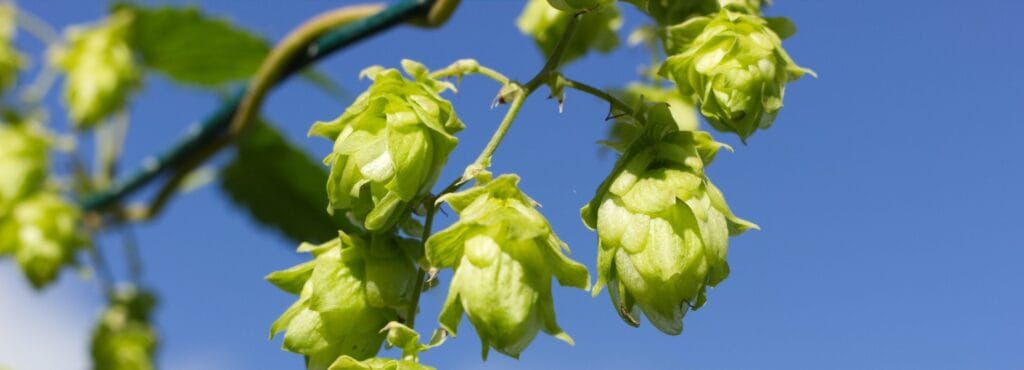
Other adjuncts include fruits, spices, chocolate coffee, and oysters, which can add unique flavors and aromas to the beer. The choice of these secondary ingredients depends on the type of beer you are brewing and the desired flavor profile. This stage should take at most two hours.
Step 2: Mashing
Mashing involves steeping malted barley in hot water to extract the fermentable sugar (wort). Before mashing, you need to grind your malted barley using a malt mill. Grinding the grains exposes fermentable sugars in the husk, aiding the mashing process.
After grinding, put the barley in a mash bag and steep it in hot water for 60 minutes. This will extract as much sugar as possible from the barley. Always monitor your water temperature during mashing, as it plays a significant role in sugar extraction. The ideal temperature is between 145 to 158 degrees Fahrenheit.
This stage should consume one and a half hours. The time includes grinding and steeping grains in hot water.
Step 3: Boiling Wort
After mashing, the wort is boiled for about an hour. It is during this time that you are supposed to add hops. Boiling wort serves two purposes: sterilizing the wort and extracting bitterness from the hops.
The perfect temperature for boiling wort is 212 degrees Fahrenheit. However, this depends on the gravity of your wort. For instance, if your wort has a higher gravity, it may require a longer boiling time at a higher temperature.
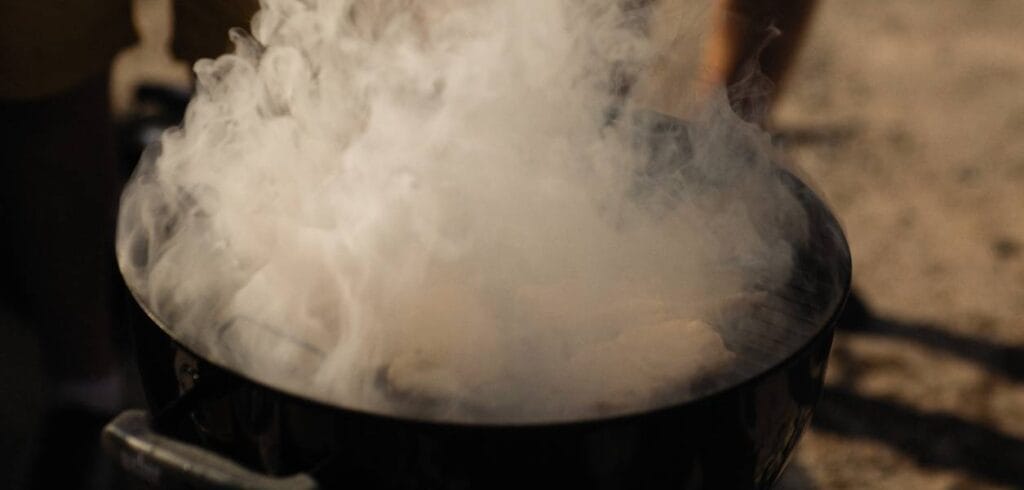
Step 4: Fermentation
After you boiling the wort, you need to cool it and transfer it to a fermenter. You can use a barrel or a tank. Make sure your fermenter is clean and sanitized to avoid introducing contaminants that could interfere with the flavor of your beer. After sanitizing the fermenter using a food-grade sanitizer, transfer your wort and add yeast. This is the beginning of fermentation.
During fermentation, the yeast converts sugar in the wort into alcohol and carbon dioxide. This stage takes about one to two weeks. However, the time frame could be affected by other factors, such as temperature, PH levels, oxygen availability, sugar concentration, and nutrient.
Remember to check for the gravity of your brew. This will help you calculate the alcohol content of your beer. Most brewers use a hydrometer or refractometer to check for gravity. When checking for the gravity of the beer and getting the same result for two days in a row, just know that fermentation is over.
Step 5: Conditioning
Beer condition allows beer to mature and clarify after the fermentation process. This helps to develop flavors, aromas and remove the off-flavors. During this process, the yeast continues to act in absorbing off-flavors created during fermentation.
Conditioning requires cooler temperatures (68 to 80 degrees Fahrenheit). This helps to precipitate out both tannins and yeast in the beer. Therefore, if you notice that your beer is having a hard time aging, it is time to check the temperatures. Conditioning takes anywhere between one to three weeks.
Step 6: Carbonation
Carbonation is the last stage in beer brewing process. The process is essential as it helps add flavor and texture to the final product. Most brewers usually add priming sugar during this stage to the beer before bottling or kegging.
This priming sugar helps the beer to continue fermenting in bottles or kegs for about a week. The ideal temperature for carbonation ranges from 60 to 70 degrees Fahrenheit.
How to Brew Beer Fast
Brewing beer is an art that usually demands time. However, some brewers are keen to shorten the process without losing quality. Speeding up brewing can be tricky, but it’s possible. Here is what to do:
- Extract Brewing: Ditch the grain and embrace high-quality malt extracts for a 24-hour head start. This will save you substantial time.
- Embrace Shorter Fermentation: Choose yeast strains with faster fermentation times, reducing overall brewing duration. For instance, yeast such as US-05 or Safale S-33 can be used for shorter fermentation times (2-3 days).
- Ensure Adequate Aeration: Besides promoting yeast health, adequate aeration enhances fermentation efficiency and contributes to a fuller flavor profile in the final product. Therefore, ensure efficient aeration to promote yeast activity and speed up fermentation.
- Raise the Temperature: Raise fermentation temperature within the yeast’s tolerance range (68-72°F) to accelerate the process. For instance, you can use lager yeast that tolerates high temperatures, ensuring the beer ferments faster (3-5 days).
- Cold Crashing: Chill your beer rapidly (down to 32 degrees Fahrenheit) to speed up yeast settling and carbonation.
- Dry Hopping: Add hops during cold crash for quick flavor and aroma burst without extended contact.
- Skip Secondary: Ditch the secondary fermentation step to shave off extra days.
- Force Carbonation: Skip bottle conditioning and opt for force carbonation to accelerate the carbonation phase. You can use a keg or carbonation cap to infuse CO2 directly into the beer.
- Add Clarifying Agents: Add fining agents for quicker sediment settling and clearer beer in a shorter time. Some of the fining agents include gelatine, egg whites, casein, and isinglass.
- Small Batch Brewing: Reduce batch size for faster cooling, fermentation, and overall processing.
Tips for Making Better Beer
Brewing beer at home offers endless opportunities to fine-tune flavors and experiment. Small changes can transform an average batch into something remarkable. With the right approach, you can create a truly enjoyable brew. Follow these tips to brew a better beer without compromising the quality:
- Use high-quality ingredients: The quality of your beer will depend on the quality of your ingredients, so use the best you can afford.
- Sanitize everything: Brewing beer requires a high level of cleanliness. Make sure you sanitize all your equipment before use.
- Control the temperature: Temperature control is important throughout the brewing process. Use a thermometer to monitor the temperature and make adjustments as needed.
- Experiment with different ingredients: Try new ingredients or brewing techniques to create unique and interesting beers. Add spices, chocolate, cinnamon, or ginger.
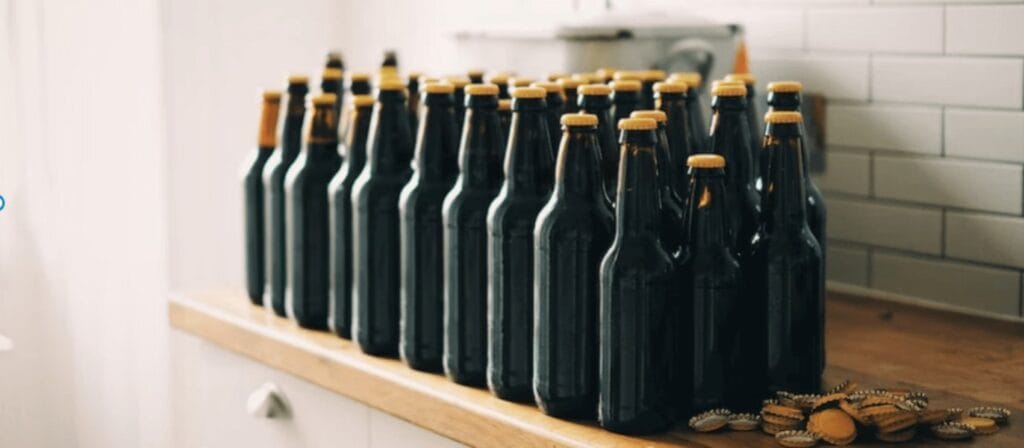
Related Questions
How Do You Know When Beer Is Done Brewing?
You’ll know beer is done brewing when fermentation stops and the gravity readings stay stable over two days. Look for bubbles slowing or stopping in the airlock, and sediment settling at the bottom. The taste should be consistent with no extra sweetness. Use a hydrometer to confirm final gravity.
What Happens if You Don’t Boil Wort?
If you don’t boil wort, harmful bacteria and wild yeast can spoil the beer. Boiling sterilizes the wort to remove unwanted organisms. It also helps extract bitterness from hops and enhances flavors. Skipping this step can lead to inconsistent fermentation and off-flavors that affect the final beer quality.
Does Beer Get Stronger the Longer It Ferments?
Beer doesn’t get stronger the longer it ferments; alcohol content is set once fermentation is complete. Longer fermentation mainly affects flavor, not strength. If yeast consumes all the sugar, fermentation stops, and alcohol levels plateau. Extended fermentation can create off-flavors, so timing is key for a balanced taste.
Conclusion
Beer brewing can take a few days to several weeks, depending on the beer brewed. While some styles require longer fermentation times and conditioning, others can be ready to drink in just a few weeks. Regardless of the timeline, patience and attention to detail are key to producing a high-quality beer.

